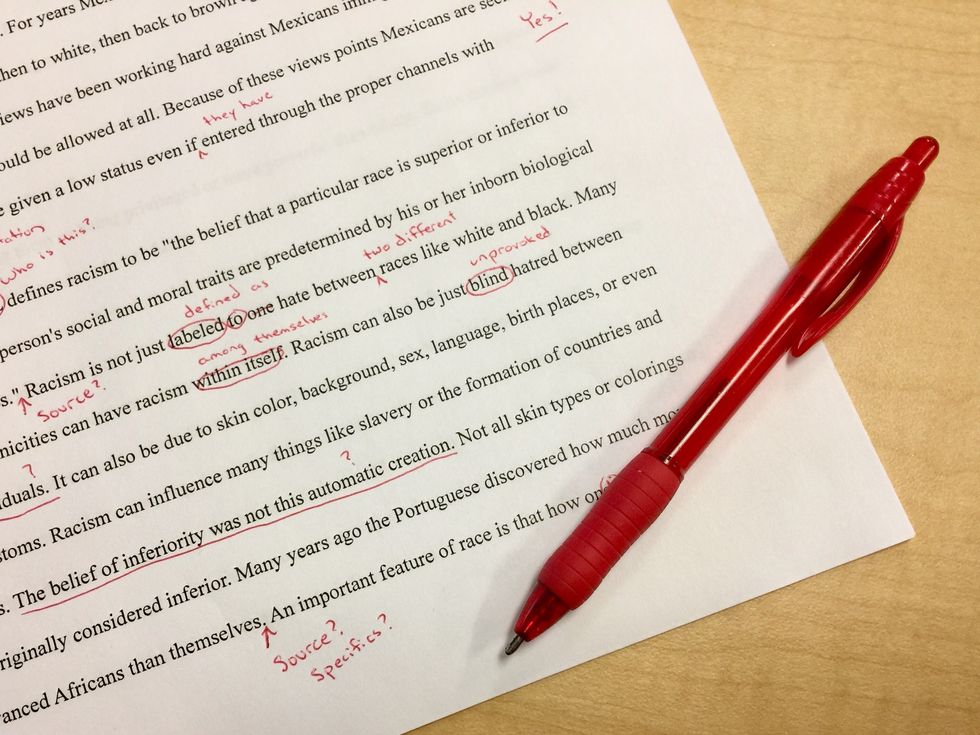In the 2016 Netflix Original television production of Lemony Snicket’s A Series of Unfortunate Events, a scene is presented wherein the antagonist figure Count Olaf is chided by 12 year old Klaus Baudelaire for not knowing the difference between the words “literally” and “figuratively.”
“It is very useful,” interjects the narrator, “whether one is young or late-middle-aged, to know the difference between literally and figuratively. Literally is a word which here means that something is actually happening, whereas figuratively is a word which means it just feels like it’s happening”.
The narrator then goes on to describe a humorous example of the two terms being used in a sentence about someone “jumping for joy” in both a literal and figurative sense across a theatrical stage. This whimsical soliloquy from a mainstream TV show is a virtualization of a grammatical issue that has been pervading society for a number of years: the issue of the sociolinguistic change of the word literally.
The Oxford Dictionary defines literally with two very different definitions.
One is: “With exact fidelity of representation”, or simply, “literal in a sense”.
The other is: “Used to indicate that some (frequently conventional) metaphorical or hyperbolical expression is to be taken in the strongest admissible sense”.
The original definition is the first definition; to take something literally is to take something in the sense the words you employ after literally intend. When you say something literally, you are conveying to your listener that the words that follow, essentially, mean what they are supposed to mean.
This is what makes the second definition so interesting. The new definition of “literally” has actually become something of the opposite of its original meaning. The example sentences the dictionary gives demonstrate more fully the linguistic change that the word has undergone. For the first definition, the dictionary gives the sentence:
“Osteosclerosis literally means a hardening of bone, but the term is generally used...to signify bone which casts a dense shadow in a radiogram”.
For the second, the dictionary gives the sentence: “Mr. Chamberlain literally bubbled over with gratitude”.
In the second sentence, it is easy to note that the usage of literally is at odds with its meaning: Mr. Chamberlain did not actually bubble over with gratitude, but rather, he did so in a way that writers would traditionally define as ‘figuratively’.
The thing about this strange development in the usage of literally is that it is not some outlier of isolated incidents collected in strange or far off places. No, this new usage of literally is an increasingly common phenomenon among English speakers. In other words, we do it all the time.
The word is following a pattern of linguistic change similar to that of words like "really", "actually", "very", or "extremely". In essence, the word is becoming an intensifier. In such a light as this, “literally” is used to enhance the subjective interpretation of the speaker’s intent. Mr. Chamberlain might not have been bubbling over with gratitude in a literal sense, but the author of this sentence is attempting to enhance the meaning of the metaphor by drawing attention to its intensity through the use of “literally”.
People who use strict, prescriptive, or old-fashioned grammar will tell people who say "literally" in this way that they are grammatically incorrect. The people who tell you this are people, for example, your grandparents and your English teachers. If you are using the word literally where you mean figuratively, you must have a fundamentally incorrect understanding of the word, or you are being flippant with your language.
However, there is a way in which to think about the word that questions prescriptivists' complaints.
According to the original use of the word "literally", to say that something is literal is to draw attention to the words following, and the fact that the speaker means what he or she is saying. Based on this fact we can assume that we need "literally" because the English language has a tendency to not mean what it means.
Therefore, in a language that has a tendency for words not to mean what they mean, why is it difficult to accept that the meaning of "literally" is, perhaps just as fluid and changing as the words it is used to enhance?
So in that spirit, I urge you to ignore your English teachers, and your grandparents, and your parents, and your (fake) grammar-nazi friends when they try to correct your use of grammar. You might not be literally dying right now. At least not according to the original definition. But as long as meaning is changeable, and your listeners can understand what you're saying, there's no reason to stop speaking the way you choose.







































